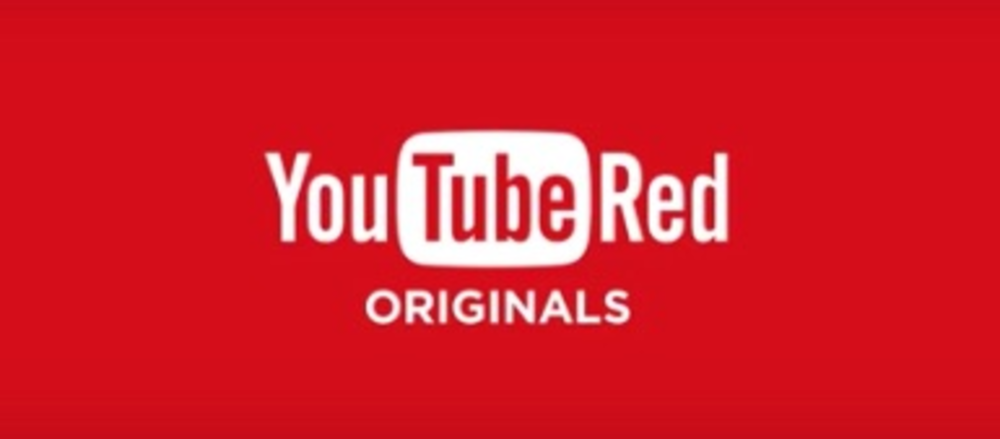There are troubling movements afoot for citizens worried about data privacy, mainly Congress’s passing and President Trump’s signing of a resolution that allows Internet Service Providers (ISPs) to collect and sell your data.
While FCC and FTC heads joined together to pen an op-ed in the Washington Post to allay fears, few are bound to take comfort for any official explanation. Why? Even if ISPs decline to participate, the Trump administration is clearly willing to forge unpopular paths and reject existing norms. So, you could quickly find yourself with little recourse but to share your data or opt out of many services to stay safe.
Consumers are right to be worried about what information is being shared with whom and how this affects their expectations for privacy, especially considering the array of increasingly sophisticated and data-hungry advertising technologies.
Data is an obvious drug for advertisers that will be very difficult to give up, something New York Times columnist Farhad Manjoo touched upon in a recent piece.
Through profiling, now ad companies know — or, at least, aim to know — exactly who is reading a certain site or watching a certain video. So instead of buying ads tied to a certain piece of content, companies can buy ads targeted exactly to an audience.
….
But it’s deeper than that. Ad companies don’t just know the user, but they also know the user’s context — for instance, whether you’re at work or at home, or whether you’re in the mood for shopping or not. All of this comes together in a real-time calculation as you wander around the digital world, from app to website to social feed. The computers are watching what you do and deciding which ads to serve you when. Often the ads are sold dynamically in an auction — different companies offer to pay different amounts to get your attention at different times.
All of the above may seem pernicious to the consumer, but incredibly valuable to the advertiser. I can’t imagine brands going back to spray-and pray advertising when they have machine learning and data scientists telling them the moment a consumer is ripe for a sale.
There will always be a push and pull of privacy and data rights. Our economy is currently built upon at least some access to data, and its corporate actors cannot quit data cold. It would be disastrous.
Many services that would otherwise charge consumers are free. If they decided they no longer wanted data, or the consumers voted with their delete buttons, those companies would need to pivot to paid services, many of which would not be welcome additions in anyone’s budget.
Most new businesses in the media or “service” space that forgo advertising for patronage or membership tend to be small and niche. While there are always outliers, it’s safe to assume any ad-supporting company could not forgo advertising and data without significantly downsizing.
In the abstract, you might think, I’d be willing to pay Facebook, Twitter, or YouTube a fee. In fact, YouTube has already introduced a premium service, but, at last glance, it has only 1.5 million subscribers. Ars Technica writer Valentina Palladino tried the service but opted out after deciding she didn’t mind the video ads. Still, fees inhibit scale, which is a usually a prerequisite for VC funding (the most likely funding apparatus of many transformative companies).
Ultimately, brands and consumers will have to come up with a data collection solution that works for them both. It’s a tug-of-war, and neither side wants to lose.








